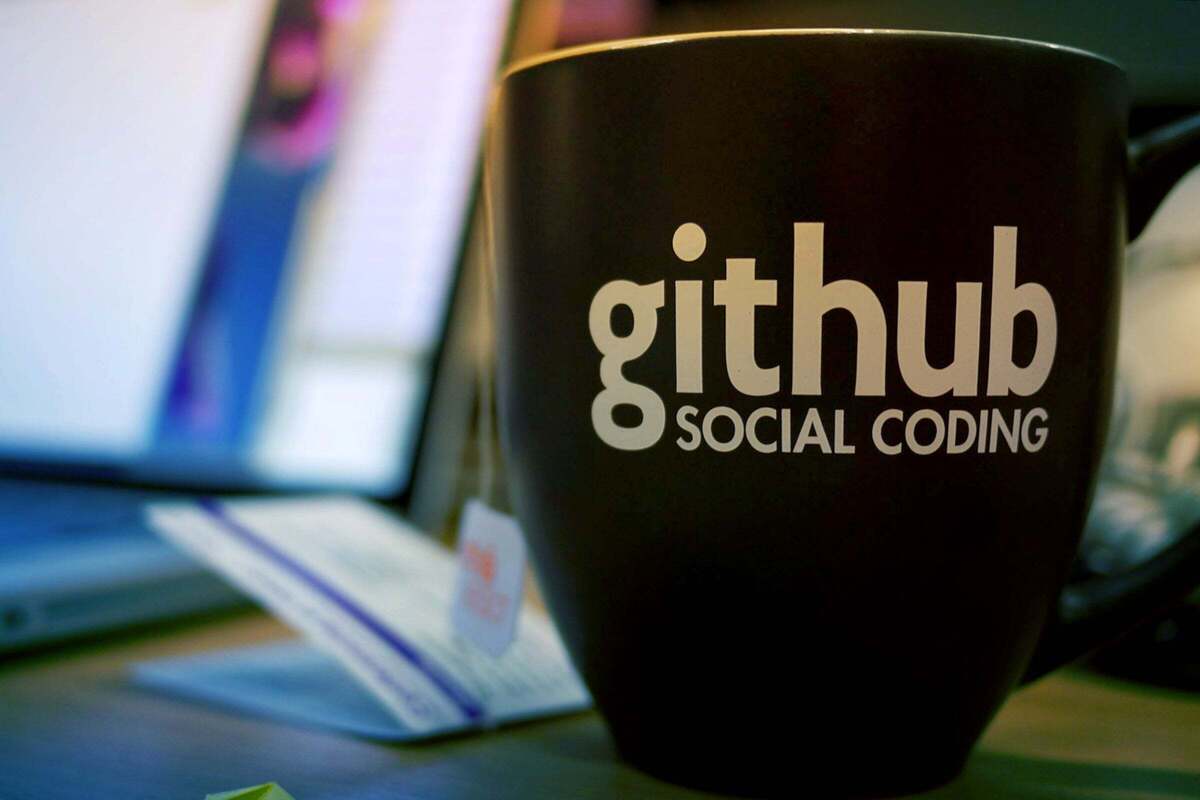GitHub’s recent shift towards AI-driven technologies, particularly Copilot, has sparked a wave of discussions within the developer community. The company’s CEO boldly declared a transition from Git to Copilot, signaling a significant strategic move aimed at solidifying GitHub’s position in the developer ecosystem. However, this shift has raised concerns among developers who value GitHub primarily for its reliability and support for various collaboration options.
The transition to AI may have inadvertently overshadowed the fundamental open-source nature of Git, which has been a cornerstone for developers. While Git revolutionized source control without compromising developer autonomy, GitHub further democratized open-source collaboration, as highlighted by industry experts.
The advent of Copilot seems to downplay the significance of Git, offering a seamless experience for developers to interact with AI without delving into the underlying mechanisms—a move that could be beneficial if developers embrace the idea of code generation without full transparency. However, some voices in the community caution against neglecting the social and collaborative aspects of software development that Git has traditionally fostered.
GitHub’s emphasis on AI as a unifying force for developers to innovate and collaborate raises questions about the accessibility and transparency of AI-powered tools compared to the porous nature of Git. While AI holds promise for enhancing coding efficiency, the lack of inspectability in AI tools contrasts with the open ethos of the developer community.
Critics, including seasoned developers and open-source advocates, express reservations about GitHub’s AI-centric direction, questioning whether the platform risks losing sight of Git’s core simplicity and functionality. The concerns extend to potential challenges in accommodating large-scale development practices within an AI-focused framework, as observed in enterprises like Google and Meta.
Despite the allure of AI-driven advancements, there is a palpable sentiment among certain developers that GitHub’s pivot towards AI may overlook the essence of what made Git appealing—its user-friendly design and versatility. The balance between embracing AI innovation and preserving Git’s foundational strengths remains a pivotal consideration for GitHub’s future trajectory.
In conclusion, GitHub’s evolution towards AI, epitomized by Copilot, signifies a strategic shift that necessitates a delicate balance between innovation and adherence to Git’s core principles. As the developer landscape evolves, maintaining the essence of collaborative coding while embracing AI advancements will be crucial for GitHub to navigate this transformative phase successfully.






